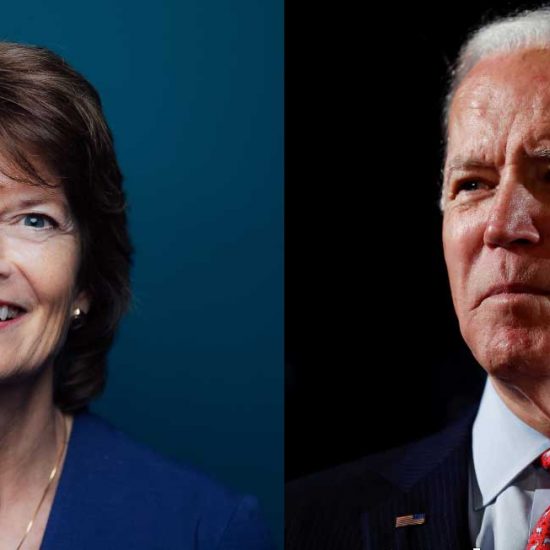Despite having lost reelection to the United States Senate after only one term, US Senator Mark Begich (D-Alaska) is a man with a surprising amount of options, and a rare opportunity for a political comeback. Usually in modern politics, a defeat at the national level would preclude a politician from considering further office, but recent trends and the potential political landscape in future elections means that nobody has written Begich off yet.
Discussions in the past weeks have already begun to focus on Begich’s political future, including a possible run against either Congressman Don Young (R-Alaska) in 2016, or a race against Begich’s former colleague, Senator Lisa Murkowski (R-Alaska), when she runs for reelection the same year. There have also been calls for Begich to challenge current Senator-elect Dan Sullivan (R-Alaska), who just defeated him, when he is up for reelection in 2020. All three potential challenges, of course, have a wide variety of undecided factors that could make a challenge by Begich much easier, or much more difficult.
Begich may choose to take his time in reentering public life, possibly running for his old seat in 2020, when Dan Sullivan will be up for reelection, assuming he chooses to run again. A rematch between Begich and Sullivan would possibly center on Sullivan’s actions in the Senate over the next six years, during which the United States will select a new President and undergo three national elections, potentially drastically altering the political landscape both nationally and in Alaska.
Whether he chooses to seek his old seat, challenge Senator Murkowski, or face off against Don Young for a US House seat, he will almost certainly face a friendlier political landscape. He’ll no longer have to contend with a an unpopular incumbent President Barack Obama, and many believe 2016 could be a wave year for Democrats.
One factor that could assist Begich in a challenge could be a lack nationalization of the election, as happened in the recent campaign. Begich recently made the argument that the 2014 Senate campaign between himself and Dan Sullivan focused less on his own record as a Senator, and more on President Obama, nationalizing the race. Support of or opposition to Obama would be irrelevant in a 2020 rematch, taking place two presidential elections after Obama leaves office.
See Full Story at AlaskaCommons.com
image credit alaskacommons.com











